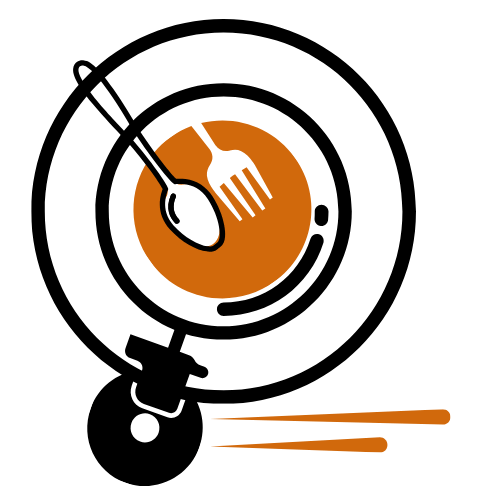bodybuilding & Fitness
Should You Lift Weights on An Empty Stomach?
During the weightlifting sessions, your muscles demand a high energy supply from macronutrients, especially carbohydrates and protein. A process called Energy Phase.
Muscle pump is the result of two processes during the energy phase:
1- Dilation of the blood vessels that enhances oxygen and nutrients delivery to the muscles.
On an empty stomach, your body is amino acids-deficient (L-citrulline and L-arginine, in particular). Both of them are used to produce nitric oxide, which is the molecule responsible for widening your blood vessels and increasing the muscle pump.
2- ATP energy production.
Where ATP (Adenosine triphosphate) is the molecule that captures the chemical energy from macronutrient breakdown and delivers it to the muscle cells.
Training on an empty stomach, means you have low carbohydrate that’s ready to be broken down into glucose and delivered by the ATP to your muscle for energy.
Therefore, as a result of carbohydrates and amino acids shortage will not have a satisfactory muscle pump during the workout.
